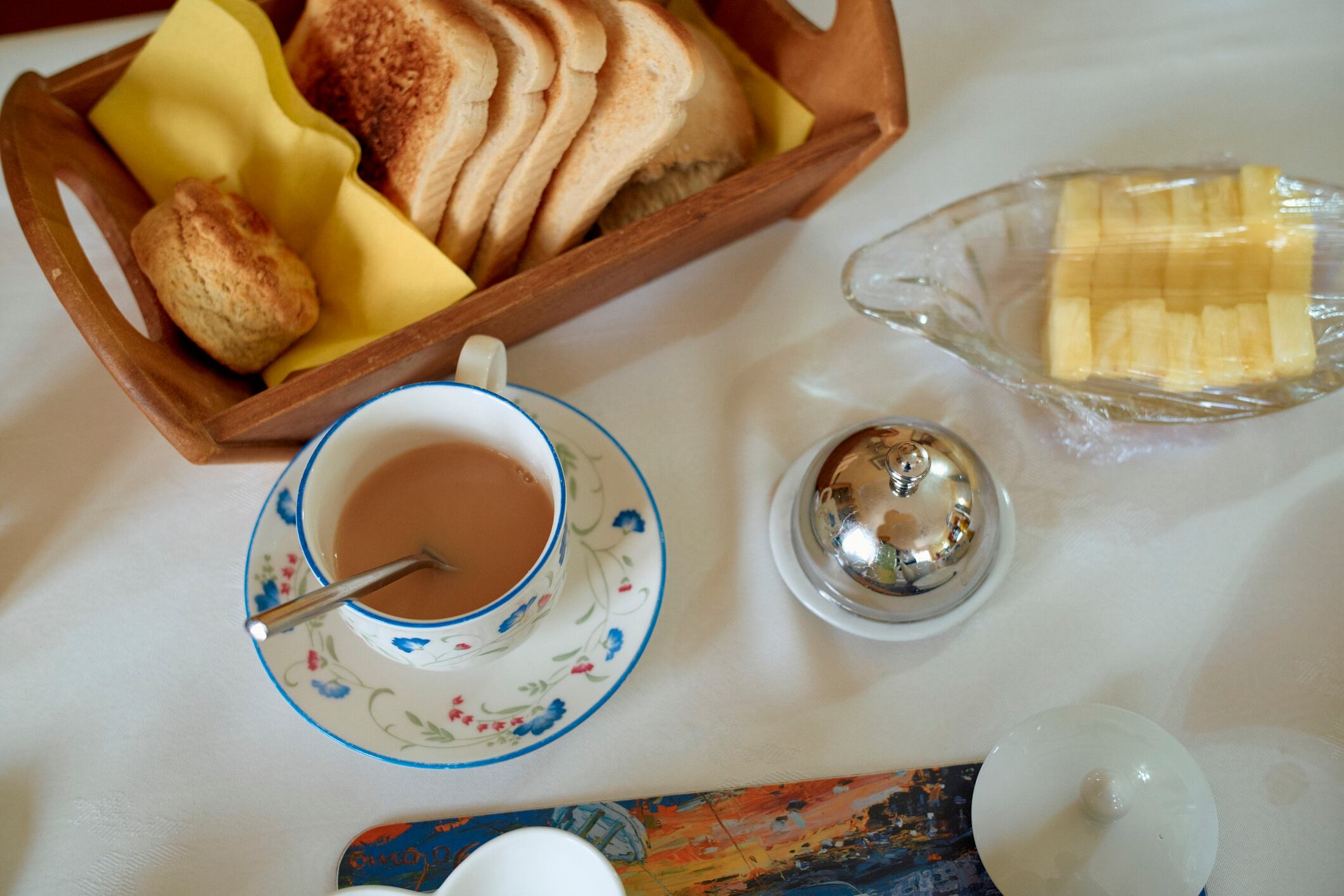Food Standards Scotland (FSS) has welcomed the three-and-half-years custodial sentence handed down to Thomas Robinson, 52, following his conviction on two counts of fraud totalling nearly £600,000.
The sentencing marks the conclusion of an extensive investigation by the Scottish Food Crime and Incidents Unit (SFCIU).
Thomas Robinson, 52, was found guilty by a jury at Falkirk Sheriff Court in relation to fraudulent claims that he was growing and supplying premium Scottish tea through his business, The Wee Tea Plantation.
However, it was proved that he sourced the tea from wholesalers outside Scotland and mislead clients and investors about cultivation techniques, qualifications, and industry awards.
Between 2014 and 2019, he sold to luxury hotels, retailers, and a group of genuine Scottish tea growers, causing financial losses totalling £584,738.
He sold tea plants under the pretence they were a unique Scottish-grown variety and marketed imported tea as home-grown on his Perthshire estate.
Ron McNaughton, head of the Scottish Food Crime and Incidents Unit (SFCIU) at FSS, said: “We welcome today’s sentencing as a clear signal that food fraud is a serious crime with serious consequences. A three-and-half-year custodial sentence reflects the scale and impact of Mr Robinson’s deception. His actions caused real financial and reputational harm to individuals, businesses and a developing sector of genuine Scottish tea producers.”
McNaughton added: “This outcome is the result of a complex and painstaking investigation involving a dedicated team at FSS and the cooperation of partner agencies and key witnesses. It demonstrates that those who set out to mislead consumers and defraud businesses will be held accountable.
“Food fraud undermines consumer trust and damages the integrity of Scotland’s globally respected food and drink sector. We remain committed to detecting and disrupting criminal activity of this nature.”
Helen Nisbet, procurator fiscal for Tayside, Central and Fife, said: “This was a planned and deliberate fraud.
“Thomas Robinson misled genuine Scottish tea growers by selling them plants he falsely claimed were a unique, locally grown variety.
“Fraud is not a victimless crime. Individuals, businesses, and genuine Scottish tea growers suffered financial and reputational harm as a consequence of Robinson’s deceit.”




